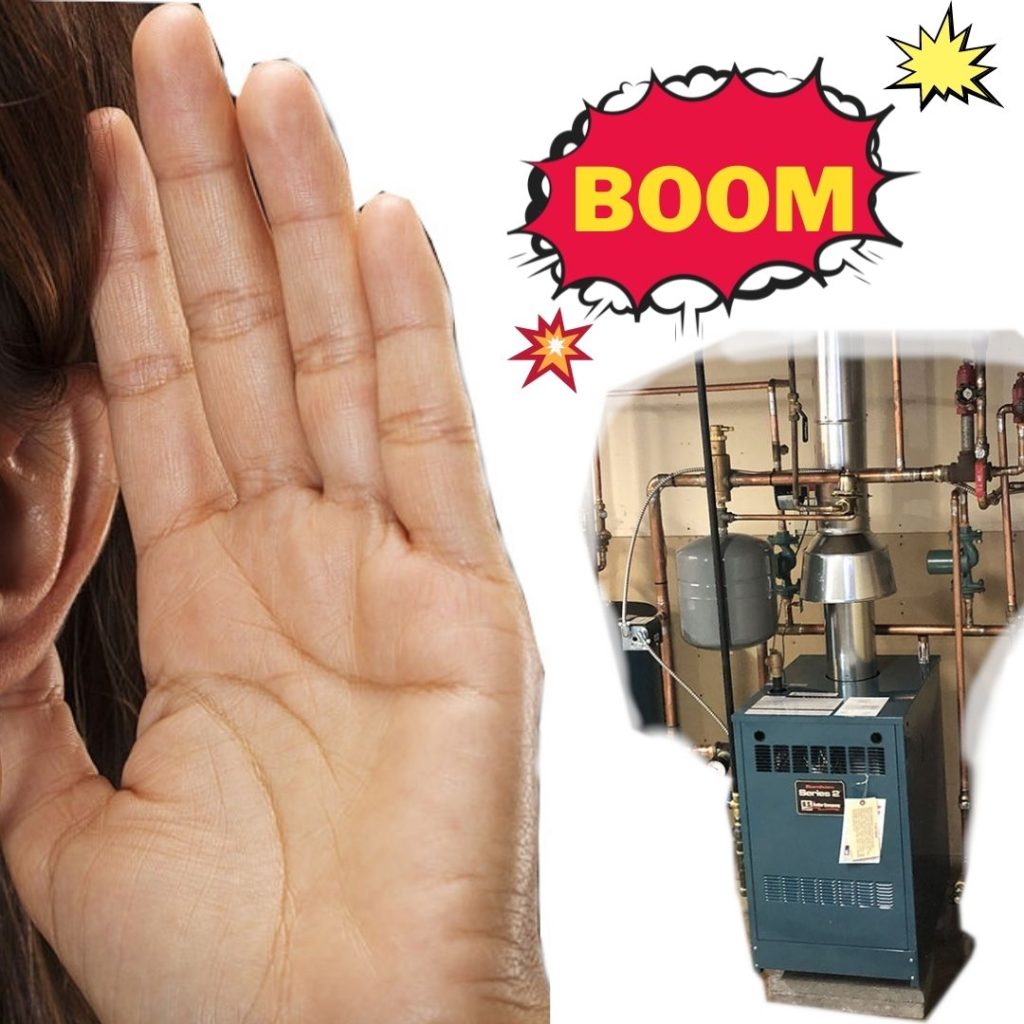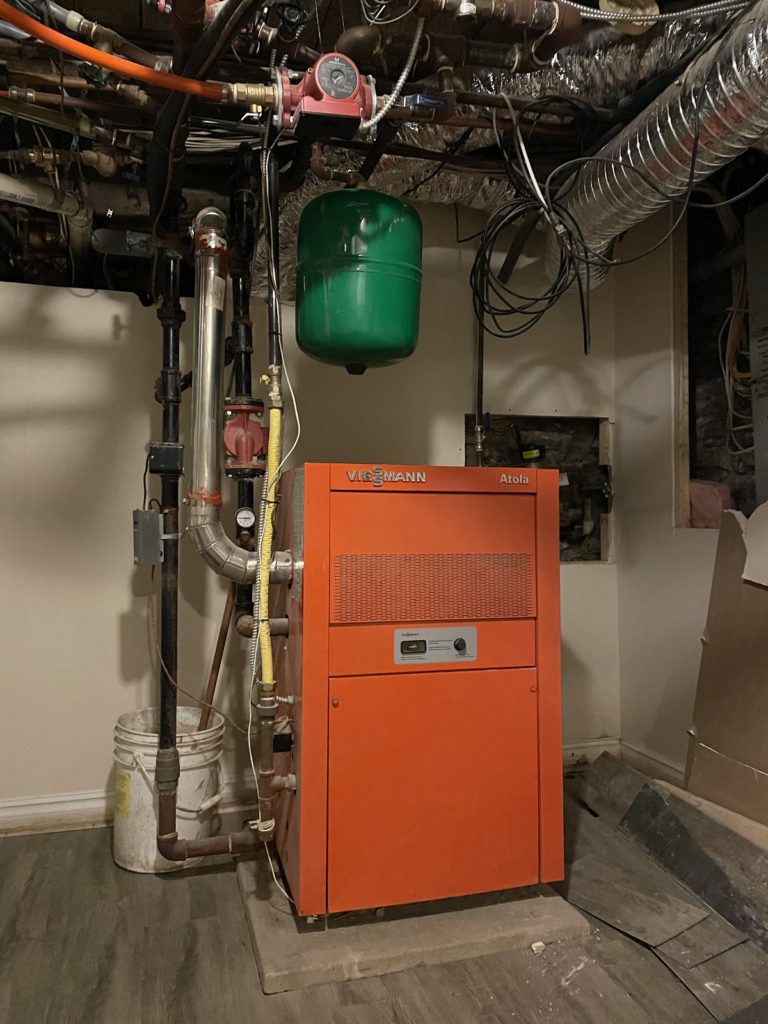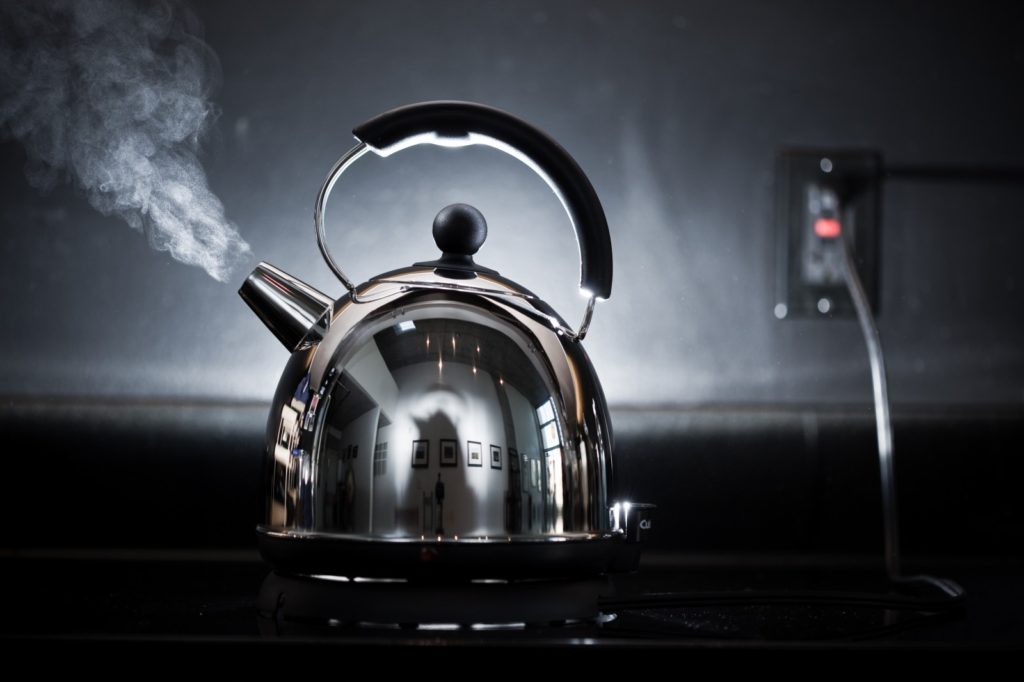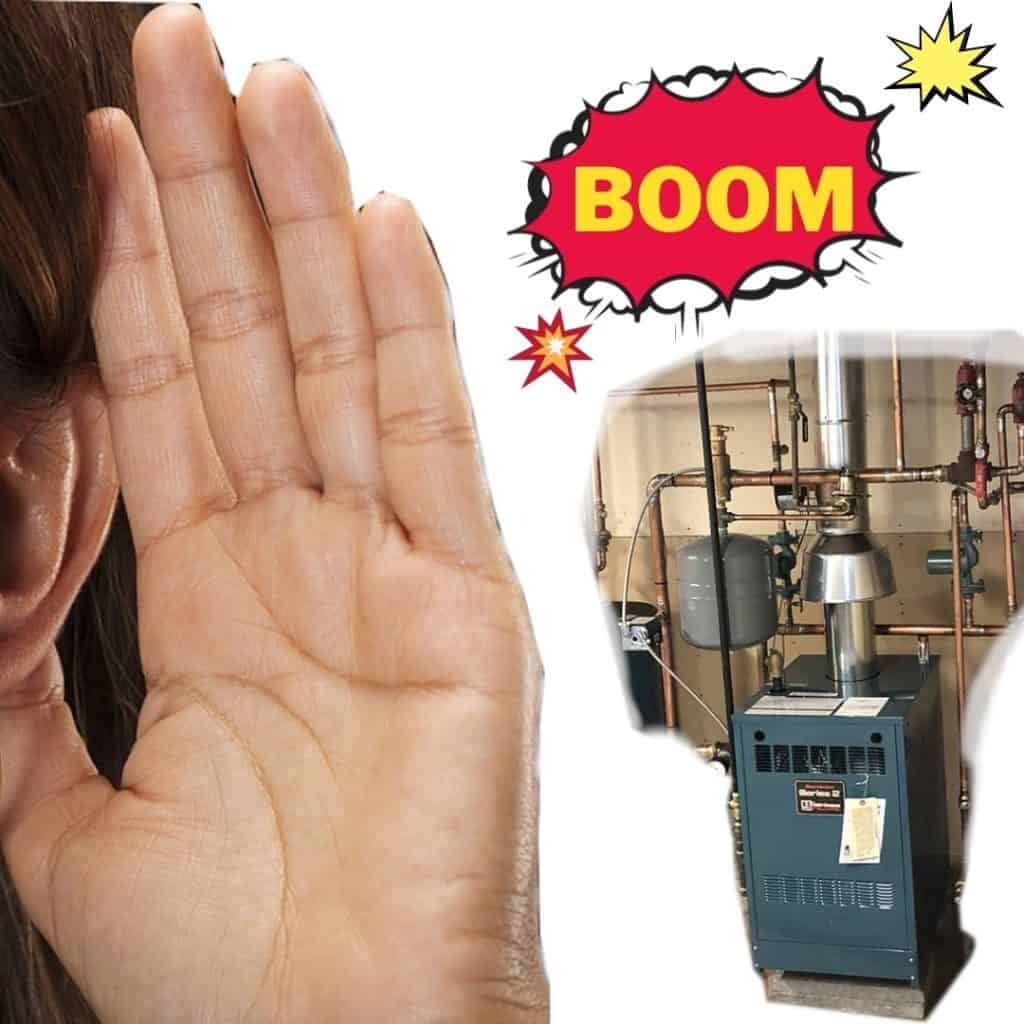Why my boiler is making popping noises?

In case if your boiler is gurgling or your pipes are unusually loud, it’s critical that you find the source of the problem as soon as possible. In event of you hear recurring banging or popping noises (similar to a rapidly boiling pot of water or a pot of popcorn on the stove), the noise is most likely caused by kettling.
Your boiler may still be operating while making the noise, encouraging you to do nothing. A noisy boiler, on the other hand, is very likely to break down in the near future, causing additional damage.
Radiators Making Popping Noise
This is the sound of expanding and contracting metal pipes and radiator components. As they do so, they rub up against other fixed parts such as wood framing, brackets, and so on. If they stick slightly, you’ll hear a popping or clicking sound as they stick and unstick due to friction from the expansion and contraction. So the solution is to find any points that are making noises, make sure they have enough space to expand and contract freely, and eliminate any points that may stick by changing how they are attached to the structure or changing the materials to eliminate friction.
Air Trap in System
Often times source of rattling, clanging, and banging noises in your heating system is air bubbles becoming trapped in the water. A loud clicking noise can be heard as air bubbles expand and contract as they travel through the heating pipes.
HOW TO FIX BANGING NOIZE BY TRAPPED AIR
Taking out the air bubbles in the pipes is an effective way to reduce noise. This is known as “bleeding” the pipes, and it consists of the following steps:
Before bleeding, turn off the system.
Look for the small valve located under the radiator’s end cap and turn it counterclockwise to release the air pressure.
Close the valve as the air exits the pipes and the water begins to trickle out.
After completing the preceding steps with each radiator, turn on the system.

Delayed Ignition
Delayed ignition is a common issue in gas boilers that use pilot lights (as opposed to electronic ignition systems).
When a gas boiler receives a call for heat, the gas valve opens and a small amount of gas is released into a sealed combustion chamber via small “jets” during normal operation. The pilot light ignites the gas, and the jet flames heat up a “heat exchanger.” After that, the heat exchanger is used to heat water.
However, “delayed ignition” occurs when the gas that is introduced into the combustion chamber is not immediately ignited. When this happens, gas accumulates inside the combustion chamber until a small explosion of fuel in the combustion chamber occurs.
Issues that cause delayed ignition include:
- There is not enough gas.
- Inadequate surrounding air
- Burners that are not maintained
- A faulty gas pilot light
In case if you suspect that delayed ignition is causing the loud banging noise you’re hearing, you should call a technician right away. Whatever the cause of your boiler’s delayed ignition, it’s a repair you don’t want to put off. Delayed ignition is not only dangerous (after all, it is a small explosion in your boiler), but it can also be extremely damaging to your boiler if not addressed immediately.

Boiler Kettling
Kettling can occur in any type of boiler. It basically means that the heat exchanger in your boiler (the part that actually heats the water) is too hot. When this happens, water in direct contact with the heat exchangers produces tiny steam bubbles. When those bubbles move away from the heat exchanger and into cooler water, they burst, causing the banging/popping noise you hear.
Kettling can be caused by a variety of factors, including:
Limescale deposits on the heat exchanger. If you live in a hard water area, limescale can begin to build upon your heat exchanger, forming a sort of wall or shell around it. If the limescale shell becomes too thick, the heat exchanger may struggle to heat the water around it. This causes the burners to stay on longer in order to properly heat the water, which overheats the heat exchanger. When the heat exchanger overheats, the water trapped between it and the limescale shell condenses into steam bubbles, which make a popping or banging sound as they move into colder water.
The water pressure/flow is insufficient. When the water pressure/flow is too low, the water runs much slower over the heat exchanger than it should. This slower rate causes the water to overheat, causing steam bubbles to erupt violently when they reach cooler water.
The thermostat is not functioning properly. If the boiler’s thermostat fails, the burners will stay on for longer than they should, causing the heat exchanger to overheat. When water comes into contact with the super hot heat exchanger, steam bubbles form and erupt loudly.
The boiler’s water temperature is set too high. Setting your boiler to a high temperature can cause the water to overheat, resulting in water becoming steam and bubble which is creating loud banging noize.
Call Vese Now And Get It Fixed Today
If you have a noisy boiler and require assistance to fix it, contact Vese today. We’ll aim to book you an appointment with one of our friendly, local engineers at a time that suits your needs. All of our HVAC technicians are professionally trained and certified to provide our clients with exceptional residential and light commercial HVAC services in Edmonton. At very reasonable prices, we provide professional HVAC services such as installation, maintenance, air conditioning repair, and more.

